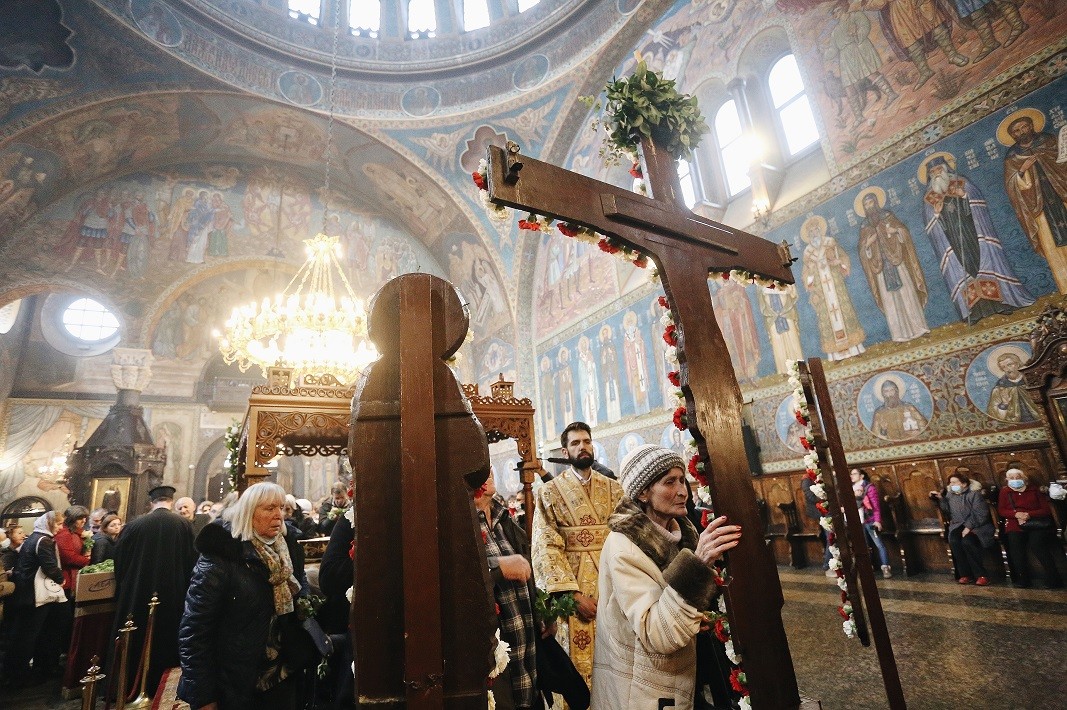
On November 9, one of the halls of Trakia Ensemble in Plovdiv will host the traditional masterclass "With Kichka Savova’s Songs" . The event is organized by the Kichka Savova Foundation, chaired by Stefka Zdravkova, daughter of the renowned Thracian..
For thirty years now, Bulgarian violinist Iskrena Yordanova has been living in Lisbon. Everything she does as a musician is related to Baroque music. She has devoted much of her time to discovering ancient manuscripts, which she brings back to life with..
Kottarashky is one of the most intriguing musicians to have appeared on the Bulgarian music scene in the first decade of the 21 st century. The man behind the stage name is Nikola Gruev, and his work is an ongoing genre-blending experiment. He is..
The women's folk choir Dragostin Folk National is celebrating three decades of its existence with a spectacular concert. The concert will take place on..

+359 2 9336 661
